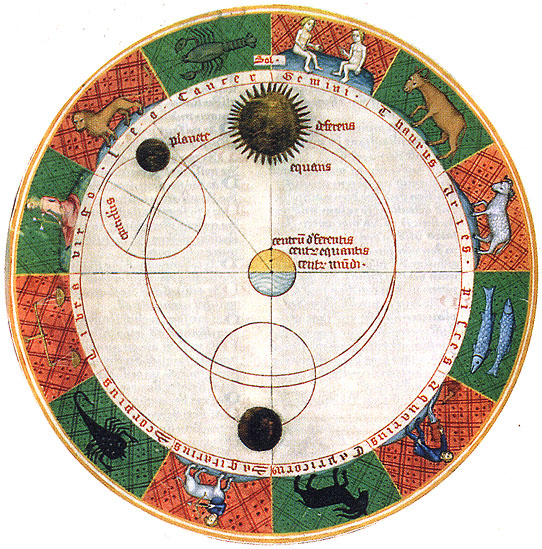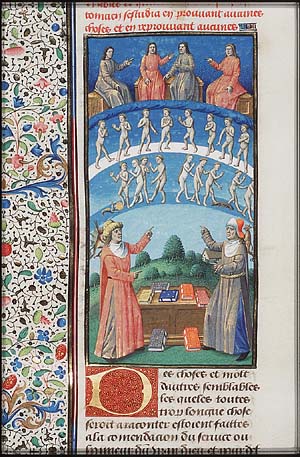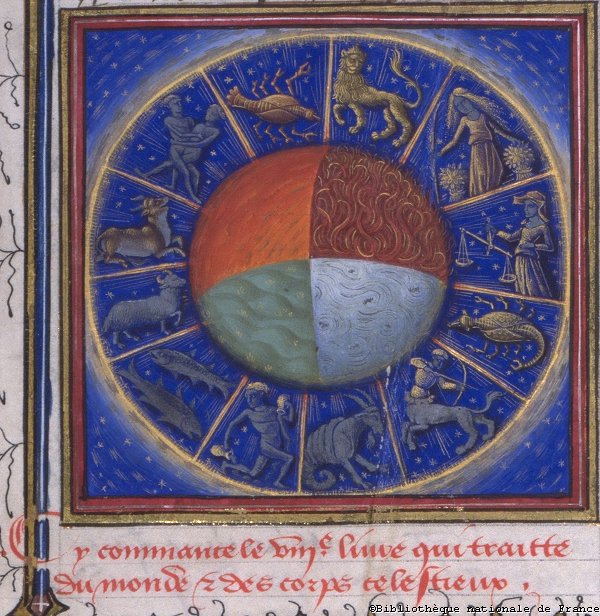![]()

![]()


Olympiodorus, Commentary
on Paulus, 564 C.E.
(translated by Dorian
Gieseler Greenbaum)
![]()


the website of Dorian
Gieseler Greenbaum. When I began my
study of astrology in 1988, I never thought that I would be able to combine my
college major with it (see my "Bio" ), but that’s
what happened. After studying ancient
and medieval astrology with Robert Hand and others over several years, I
translated the Introduction of "Paulus
Alexandrinus" , along with a commentary by "Olympiodorus" ,
for ARHAT Publications. My work at a
Waldorf School as a classical languages teacher introduced me to Rudolf
Steiner’s use of "temperament" in Waldorf
Education. Since astrology, or at least
traditional astrology, also uses temperament in chart analysis, I was able to
make a study of correlating temperament with the birthchart. This study led to my book "Temperament: Astrology's Forgotten Key" .
Classical
Astrology as a specific term is used in two different ways. It can refer only to the astrology of
the Hellenistic Era and the Roman, Late and Early Byzantine Empires. (In
this usage it is synonymous with the term “ancient astrology.”) Or, it can
be used as a general term, synonymous with “traditional astrology,” meaning
the astrology practiced in the western world prior to about 1700. In that sense it includes ancient
astrology as well as medieval and Renaissance astrology.
![]() What is Classical Astrology?
What is Classical Astrology?![]()

Sacrobosco’s Sphere, early 15th
century
From
my study of this astrology over the last eight years, I am convinced of
both its usefulness and its elegance.
Although I am not a classical astrology ‘purist’ (I do use the outer
planets in my astrological work), I believe there are many techniques used
in classical astrology that may be fruitfully employed by modern
astrologers. Classical astrology
puts meat on the bones of astrology while adding height and depth to its
soul and spirit. As a divinatory
art and science (in its original meaning of ‘knowledge’), it helps to put
us back in touch with the divine.
![]() Why Classical Astrology?
Why Classical Astrology?![]()

Porphyry
and Plotinus discussing purification of the soul by means of
theurgy; gods, souls and zodiac signs (Maître
François, 15th century illuminator of Augustine, La Cité de Dieu, Book X, 9)

Four elements & signs of
the zodiac, Bartholomaeus Anglicus, On the Properties of Things, 15th
century, Le Mans
![]()
 Paulus
& Olympiodorus
Paulus
& Olympiodorus  Temperament
Temperament  Articles
Articles
 My
Books
My
Books  Lectures
Lectures  Consultations
Consultations
 The
Astrology Institute
The
Astrology Institute  Bio
Bio  Email me
Email me
![]()
Last Updated 3 June 2005